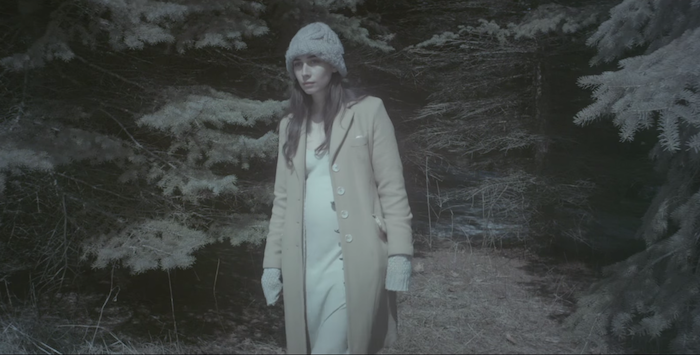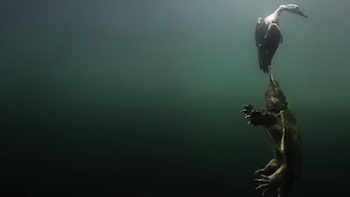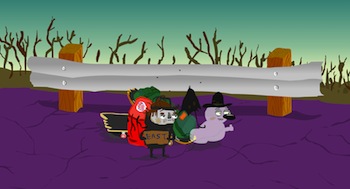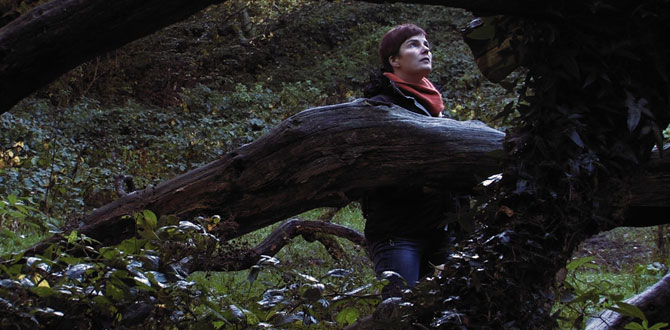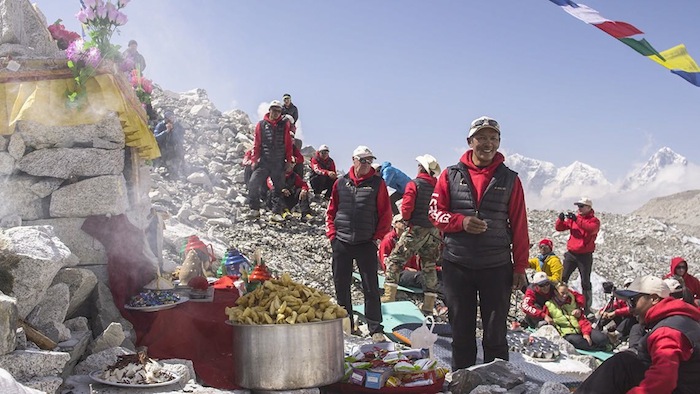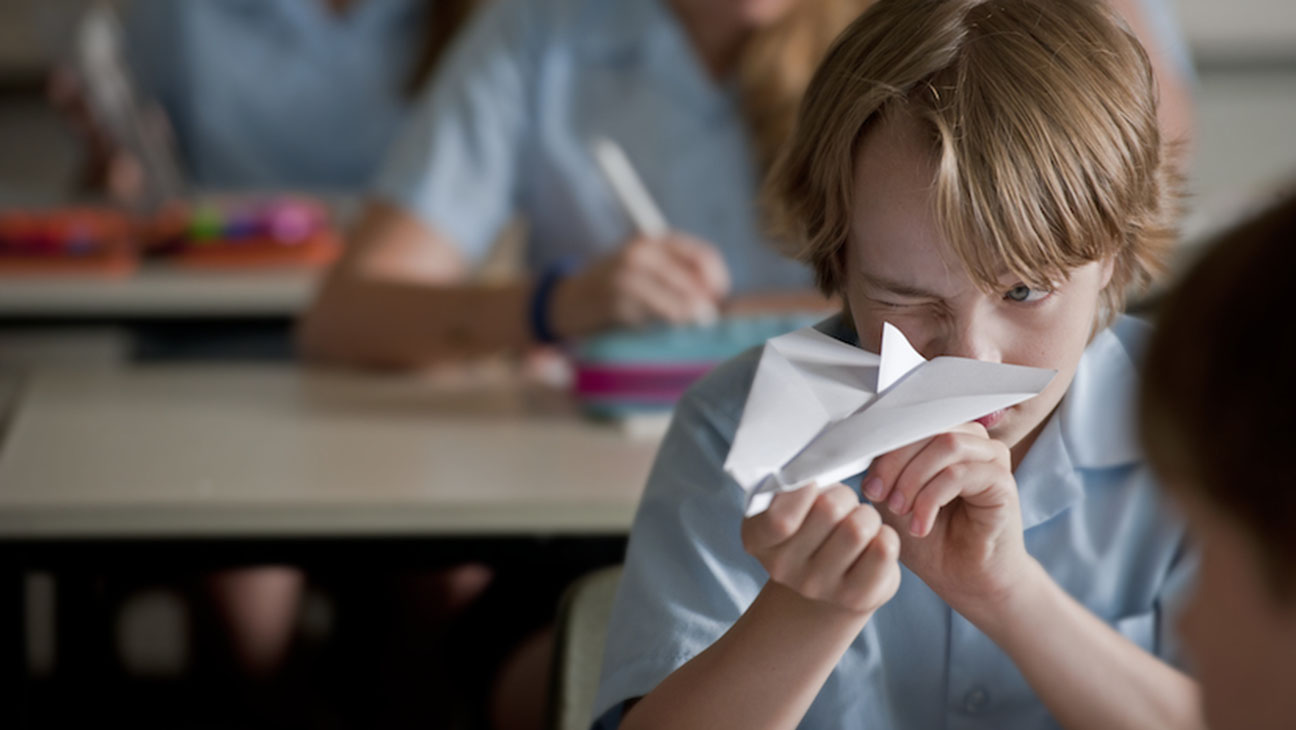GIRL ASLEEP
 Tuesday, October 20, 2015 at 9:02PM
Tuesday, October 20, 2015 at 9:02PM Stars: Bethany Whitmore, Harrison Feldman, Imogen Archer, Eamon Farren, Matthew Whittet, Amber McMahon, Tilda Cobham-Hervey and Maiah Stewardson.
Writer: Matthew Whittet.
Director: Rosemary Myers.
Rating: 4.5/5

From Picnic at Hanging Rock and The Year My Voice Broke to Muriel’s Wedding and Somersault, Australian cinema has a prestigious tradition of vividly conveying that achingly beautiful, emotionally baffling divide between a young lady’s childhood and the mysteries of the adult world that lay before her. That legacy is strengthened further with director Rosemary Myers’ vibrant, fearless debut feature, Girl Asleep.
In fact, much about Myers’ adaptation of writer (and scene-stealing support player) Matthew Whittet’s play also shares its DNA with the best teen movie classics from beyond our shores. In addition to such influential charmers as John Hughes’ Sixteen Candles and Mark Waters’ Mean Girls, Girl Asleep could be cut from the same party-dress material as Katherine Dohan and Alanna Stewart’s 2012 non-pro no-budgeter What I Love About Concrete. Both share a giddy, free-for-all sensibility and delightfully idiosyncratic protagonists, who cope with the insanities of teen life by embracing the power of memory and imagination (similarities are purely coincidental, as both projects were long in development and the creative teams separated by half a planet).
The heart and soul of the just-quirky-enough narrative is nearly-15 year-old Greta, played with a meek but disarmingly charming innocence by the terrific Bethany Whitmore (Summer Coda, 2010; Mental, 2012). As she sits alone on a schoolyard bench, circa late 1970s, hilarious caricatures of high-school life swirl around her in a predominantly static long-take that announces Myers as a skilled craftsperson. Greta is befriended by fellow outsider Elliott, with boisterous ginge Harrison Feldman nailing that most crucial component of teen movie lore – the kooky bestie with a crush on our unknowing star.
Colouring Greta’s world various shades of awkward and embarrassed are saucy mum Janet (Amber McMahon), goofy dad Conrad (Whittet), big sister Genevieve (Imogen Archer) and her sexed-up boyfriend Adam (Eamon Farren). School is a nightmare, with queen-bee Jade (Maiah Stewardson) and her posse (twins Grace and Fiona Dawson) making Greta’s world hell. When Janet and Colin decide to make a big deal of Greta’s 15th and throw an all-or-nothing party (featuring a crowd-pleasing splash of music and dance that indicates a larger canvas would suit Myers’ eye for staging), the teetering narrative strands collide and threaten to implode Greta’s fragile emotional state. Such beats sound Teen Pic 101, which is also the point, as bracing originality enlivens the tropes with compelling pacing and comically precise scenarios.
The pic finds its raison d’etre when the production takes a fantastical third-act detour into Greta’s dark and dangerous subconscious. Featuring an imposing Tilda Cobham-Hervey (52 Tuesdays, 2013) as a woodland warrior/guardian angel type, these sequences are purely dreamlike and serve to guide Greta towards a core strength that will serve her as her adult self begins to form. They are inspiring flights of fantasy, employed with a lightness of touch yet convey the weight of a young woman’s maturation. These sequences alone will ensure Greta and her existential adventures should become not only a hot film festival item in the months ahead but also (and, perhaps, more importantly) a slumber-party staple for years to come.
As the Artistic Director of Adelaide’s Windmill Theatre Company, Rosemary Myers oversaw the initial stage production of Girl Asleep and her affinity towards and profound understanding of the material is evident. Wildly funny and deeply moving in equal measure, it is a work rich in larrikin character but universal in its themes and appeal. As Greta embraces her blossoming self, so to does Australian cinema welcome another memorable movie heroine.

